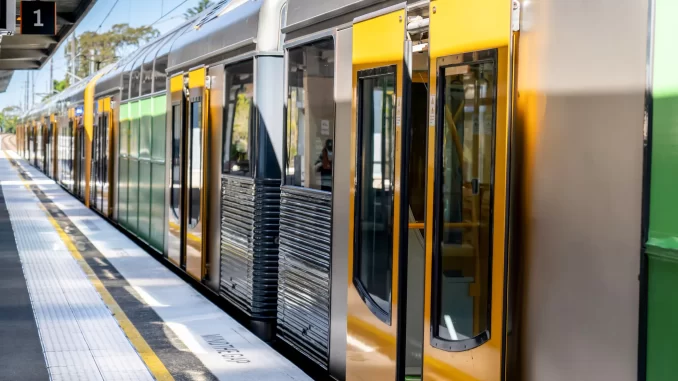
By Hank Russell
New York State Comptroller Thomas DiNapoli released an audit on March 14 that showed that the Long Island Rail Road (LIRR) was grossly unprepared for any extreme weather conditions. The audit showed, among other things, missing snow removal equipment, delays on capital projects and outdated extreme weather plans.
“Severe weather is becoming more common and a failure to properly plan and be prepared will cause more commuter headaches like train delays and service disruptions,” DiNapoli said. “While extreme weather such as blizzards, heavy rain, wind storms or heat waves cannot be prevented, railroad officials need to be prepared to minimize its impacts.”
He referred to the LIRR as the “busiest train system in North America” and “the primary means of transit from Long Island to New York City which means it must be prepared to operate as effectively as possible during all weather conditions.”
Among its findings, the comptroller’s office found that the LIRR failed to assess its transportation facilities systemwide to identify weather-related risks and its engineering department’s sub-units were missing necessary equipment such as chainsaws, portable generators, front loaders, and light towers. Although officials told the comptroller’s office that the equipment was currently being used, there was no documentation as to their locations.
The comptroller’s office also reported that, of the 13 pieces of snow-fighting equipment, two had no documentation showing they were prepared for the last five winter seasons (2018-19 to 2022-23) and the other eleven were missing documentation during at least one winter season.
According to the audit, nine of the four Superstorm Sandy capital projects designed to mitigate weather-related damage were never completed. For example, one project that was supposed to be completed in August 2019 will not be done until the end of this year — a five-year delay.
The audit recommended that the LIRR document its risk assessment and complete it in a timely manner, make sure its operation departments comply with seasonal preparation guidance, keep track of all equipment and make sure it is tested in a timely manner and ensure that all capital projects be completed as quickly as possible.
In response, the MTA said the systemwide risk assessment was not delayed, but underway and steps have been taken to identify, access, analyze and test weather-related risks. The MTA also added that the Superstorm Sandy projects were not behind schedule and extreme weather guidance for employees has been updated based on lessons learned from the storm.
Long Island Life & Politics reached out to the LIRR about the audit. MTA Spokesperson Michael Cortez responded in a statement, ““The Long Island Rail Road has comprehensive preparedness plans in place. The success of those plans are in the results – the railroad has experienced multiple weather events in recent months and have navigated the storms with minimal service impacts.”

